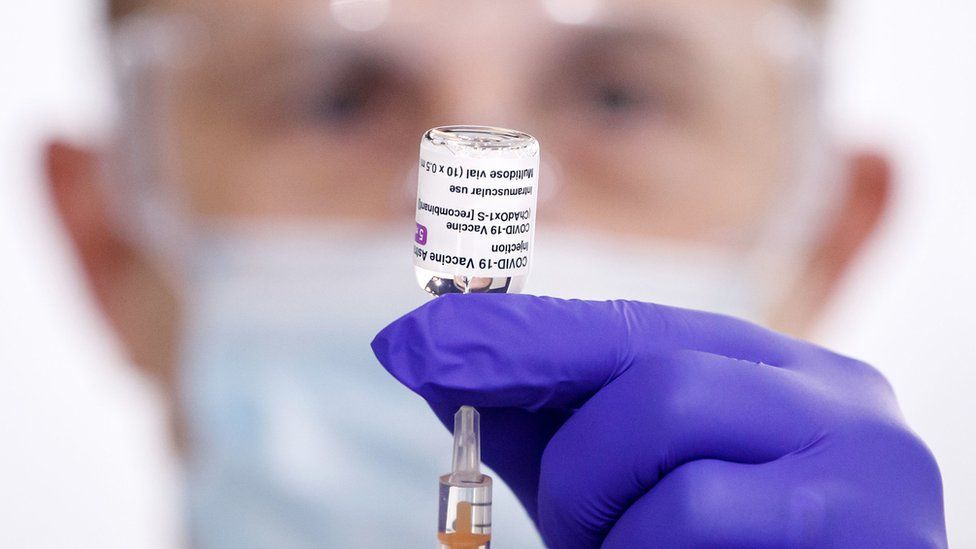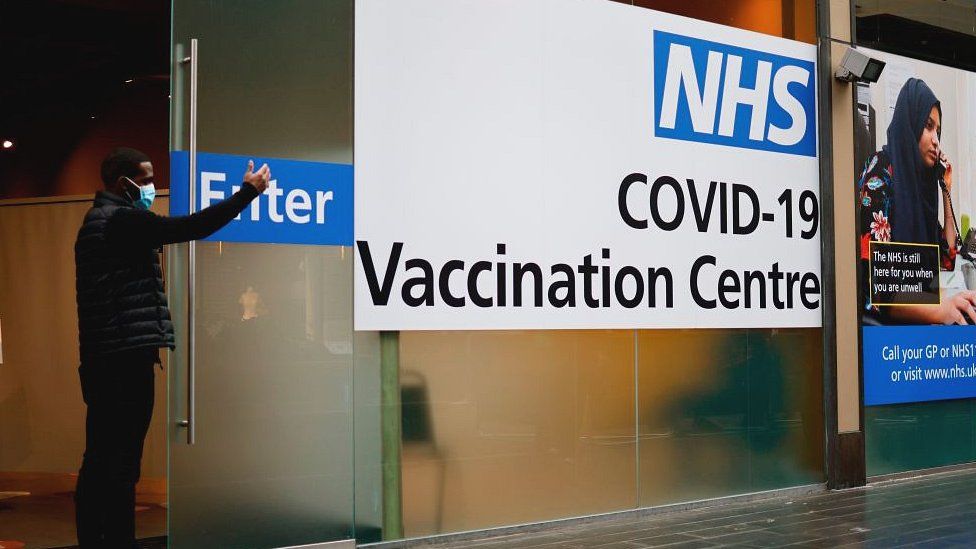Small businesses will be given help to boost their software and training under a Help to Grow scheme to be announced in Wednesday's budget.
The £520m package, the Treasury said, was expected to form part of Chancellor Rishi Sunak's updated Plan for Jobs that he has placed at the heart of the government's COVID-19 support.
His speech to MPs is widely tipped to include an extension to furlough aid, currently due to remain in place through April only, as the economy emerges from a winter of widespread disruption.
He will speak as official figures place the jobless rate at 5.1% - a five-year high - ahead of reopening strategies that will see a relaxation of coronavirus restrictions UK-wide after Prime Minister Boris Johnson unveiled his roadmap for England last week.
Lockdowns since March last year have resulted in the deepest slump for UK output in more than 300 years - forcing Mr Sunak to borrow at levels never before witnessed in peacetime, leaving the national debt above £2trn.
While giving with one hand, the chancellor is expected to give a nod to the pressure on the public finances through some targeted tax increases.
As part of its announcement, the Treasury also revealed in its latest budget tease that there would be a "new UK visa route for firms to attract the brightest and best global talent" in the wake of Brexit.
The Help to Grow scheme, it said, would offer management training with help from business schools to enhance skills.
The 130,000 businesses that are expected to be eligible for support will also be able to claim up to £5,000 each to secure a 50% discount on productivity-enhancing software.
A new online platform will also offer free advice on technology, such as cloud storage, that will help businesses save time and reduce costs.
Mr Sunak said: "Our brilliant SMEs are the backbone of our economy, creating jobs and generating prosperity - so it's vital they can access the tools they need to succeed.
"Help to Grow will ensure they are embracing the latest technology and management training, fuelling our Plan for Jobs by boosting productivity in all corners of the UK."
Mike Cherry, national chair of the Federation of Small Businesses, responded: "Practical help matters most when it comes to productivity growth in small firms.
"It has long been a priority of FSB's for government to focus both on new to firm innovation, such as access to the cloud, and boosting leadership and management skills.
"These programmes look set to do both these things, and so it's very welcome that government has taken a proper look at what small businesses need."
Watch and follow the Budget live on Wednesday with special coverage and analysis from 12.30pm.
A special edition of the Daily podcast will be available to listen to from 7pm.
https://news.google.com/__i/rss/rd/articles/CBMiamh0dHBzOi8vbmV3cy5za3kuY29tL3N0b3J5L2J1ZGdldC0yMDIxLXJpc2hpLXN1bmFrLXBsYW5zLTUyMG0taGVscC10by1ncm93LXNjaGVtZS1mb3Itc21hbGwtZmlybXMtMTIyMzMwMzbSAW5odHRwczovL25ld3Muc2t5LmNvbS9zdG9yeS9hbXAvYnVkZ2V0LTIwMjEtcmlzaGktc3VuYWstcGxhbnMtNTIwbS1oZWxwLXRvLWdyb3ctc2NoZW1lLWZvci1zbWFsbC1maXJtcy0xMjIzMzAzNg?oc=5
2021-03-01 22:45:51Z
52781409622088









